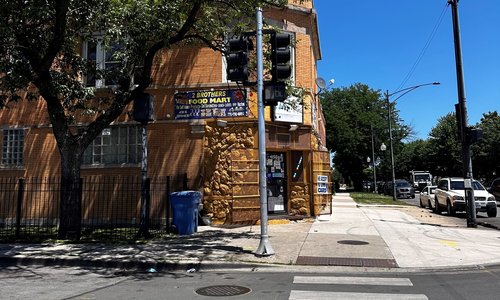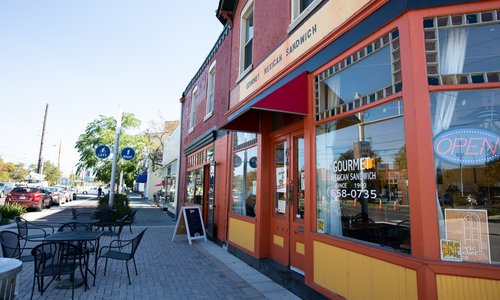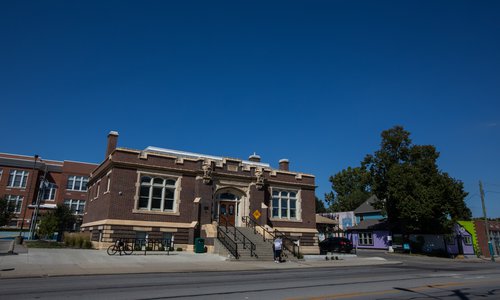Stories

More Space and More Income Means Growth for Chicago Produce Wholesaler
A $405,000 acquisition loan from LISC supported by Starbucks made it possible for entrepreneur Ruben Perez to purchase a mixed-use property in Chicago. LISC financing is helping Perez build equity in commercial real estate and serve the low- and medium-income area of the city through his business Guerrero Produce.

“Lifting As We Climb”: In South Minneapolis, a Historic Restoration Heals
In the aftermath of George Floyd’s murder, one South Minneapolis community convulsed in pain and suffered massive destruction. On Juneteenth this year, it celebrated the fruition of a project that speaks volumes about community agency and ownership, and how support from intermediaries, including LISC, can be profoundly transformative in building back stronger, and more equitably, than ever before.

With the Updated CRA in Limbo, What Comes Next?
LISC’s Matt Josephs takes a look at the long-awaited modernization of the Community Reinvestment Act (CRA), calling it "fair, workable and strong." But he also warns of the chilling effects of uncertainty, as a legal challenge stalls implementation of the final rule, and offers a series of next steps for banks, regulators and community development practitioners. "Right now, it is critical that we maintain the momentum around CRA,” he writes.

Laying the Cash Tracks for Community Impact
LISC CFO Christina Travers is among the impact investing leaders who contributed commentaries to a new book, The Social Justice Investor, and joined a panel discussion at today’s book launch. In her essay, “Laying the Cash Tracks,” (reprinted here) she explains the evolution of LISC’s capital markets experience—noting how discouraging Wall Street conversations eventually led to transformative, community-focused investments.

Sharing the Story of Social Justice Investing
With the launch of the new book, The Social Justice Investor, LISC’s CFO Christina Travers, one of the book’s contributors, reflects on the ways that CDFIs have tapped the capital markets to deepen their impact—working to upend lingering misconceptions among some investors. “Whether we are financing affordable housing, small businesses, health, safety, climate resilience, racial equity or jobs, we see financial performance and local impact as part of the same whole.”

Charter School Investments Can Help Upend ‘Zip Code Destiny’
Income, race and geography persistently define the educational landscape—year after year, in every state, across both urban and rural communities. "No matter where families might live—no matter their backgrounds or incomes—public education should offer kids the opportunity to reach their full potential,” writes LISC’s Yvonne Nolan, in a new blog commemorating 20 years of investments through LISC’s charter school financing program. “We refuse to stand by and let crumbling buildings undermine student learning and perpetuate inequality,” she says.